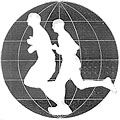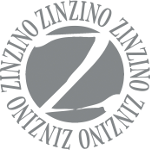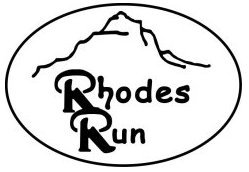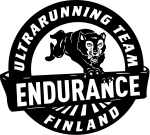World Run II / Reports
|
Loading...
|
|
The map shows the position of which the pictures for the day are taken (if any).
The start and finish markers are placed at the first and last valid registered position.
This is not nessesary the actual start and finish position, if GSM or GPS signals was not available.
|
Goto:
![]() 2011-10-11
2011-10-11
![]() 2011-10-13
2011-10-13
![]() Equador
Equador
Distance today: 0.0 km (Accumulated: 29115.0 km)
Elapsed time: 00:00:00
Country: Equador
[Restday in Huaquillas, Equador].
Equador - first impressions
After the drama and not least fairly solid dehydration at the end of yesterdays run (and police-chase), I found it a wise move to take a day to regain the focus and recover :-)
It proved an excellent opputunity to relax a bit and use my first day in Equador, where I have never been, to get an impression of the lifestyle and people. At todays short picture-serie you can get an idea of how life's lived in Huaquillas - a small bordervillage just a few km's North of Peru. However, as I hope you can sense from the pictures - the lifestyle and ambience has a distinct different feeling to it compared with what I have experiensed so far on this continent !
- And I have to say that I enjoyed the day in Huaquillas intensely. The multitude of smells, foods, exotic fruits of which some never reaches the super-markets or groceries of Europe (atleast I could count 5-10 I had never seen or heard of before); the very relaxed lifestyle - which in my experiense is unusual to find in bordertowns that world wide tend to be the most chaotic and hmm... suspect, places to visit ;-) Here: helpfullness and friendly interest around every corner. And a strong feeling that tourists from overseas very seldom reach this corner of the world; a lot of surprised but kind interest as I walked about !
Besides taking time to 'walk the side streets' ofcourse knowing a bit of the history is one of the keys to getting to understand the culture of a contry or region a little better. So below is a, very brief, history of Equador (you can find much more in books or online if this gives you appetite'):
The history of the present day small 12million people contry of Equador dates back to 9000bc. where the first signs of stone-age era settlements near the coast appear. In the milenae following there has developed different cultures at the hot-humid lowlands along the coast and the more chilly settlements up in the high Andes Mountains; for example the "cara people" along the coast and the "quitu people" in the highlands in the 11.century - of which the cara' beeing more expansionist and the mountain people more peacefull (we will see if this impression holds when the route in a few days leads my run up into the mountains - I must say that so far the people already seem as peacefull as one can get ;-)
During the Inca' impire, that streatched along the West Coast of South America from Colombia down to Chile; Equador played a key role as one of two competing kings, Atahualpa, had his seat in present day Equador. And in the 15.century he eventually defeated the opponent Inca king/prince Huascar which was settled in modernday Peru, to become the last Inca ruler as the spanish conquistadores arrived and put a brief end to the empire throughout South America (except for remote Inca settlements as for example the famous Machu Picu hidden far up in the mountains of Peru).
Following the centuries of spanish colonial rule Equador gained its independence in 1830 hugely thanks to Simon Bolivar - liberator of a majority of the South American contries from colonialism (!). As a modern democracy Equador has had its up's & down's, as I guess most contries; for example in 1996 the president Bucaram was removed after just half a year of rule: deemed mentally ill by the contry's congress. Perhaps they were right, as he had earned the nickname "El Loco" (the madman).
But I think more signifikant than all the other facts and details - Equador is one of the most nature-diverse places on Earth ! An example amongst other are that it boast more plant species at its tiny 900km by 400km territory than the entire North American continent. And this goes for animals too. In case you dont know: the Galapagos Islands also belongs to Equador. Still, its the extreme diversity of the mainland, from the tropical coast to the 6000m high Andes Mountains and the steamy hot-humid Amazon jungle which creates more settings and biohabitats than at most other places on our planet.
- I hope to give you a close up impression of this in the reports to come during the about 25days it should take to run straight across this deeply fascinating contry !











